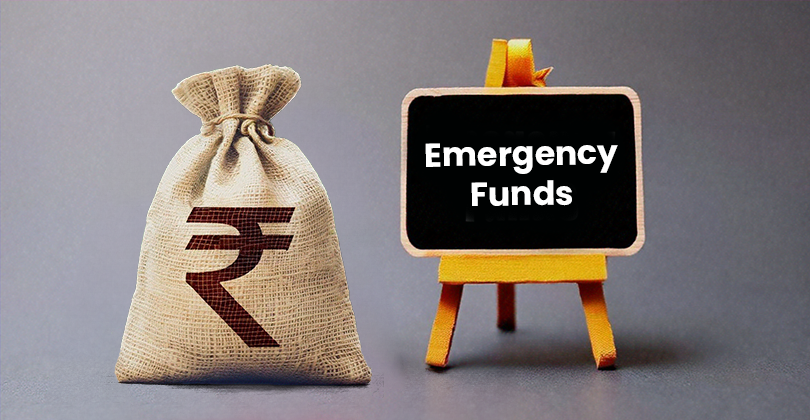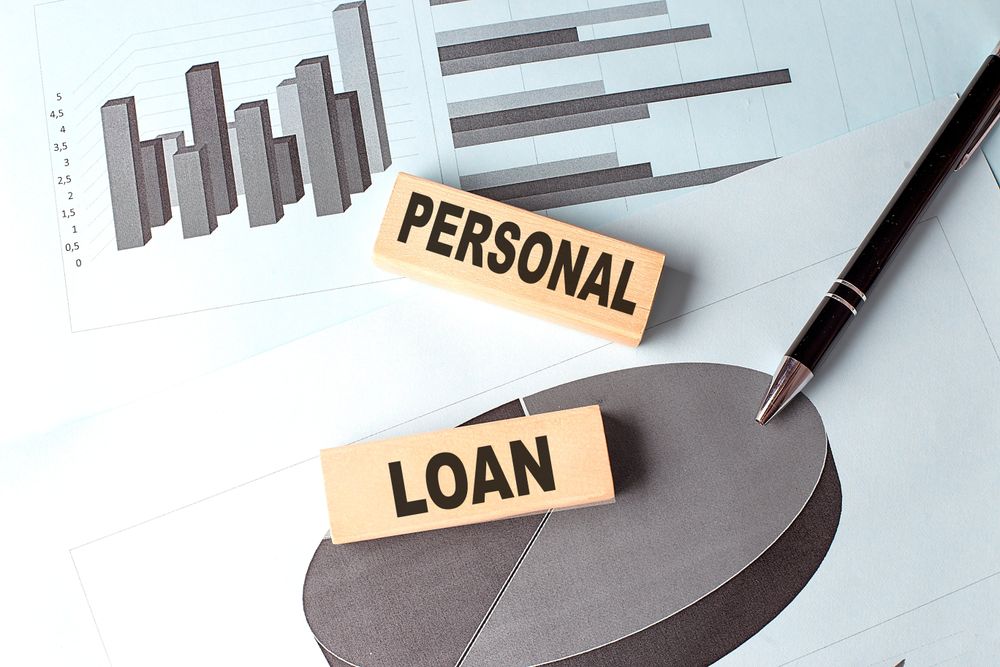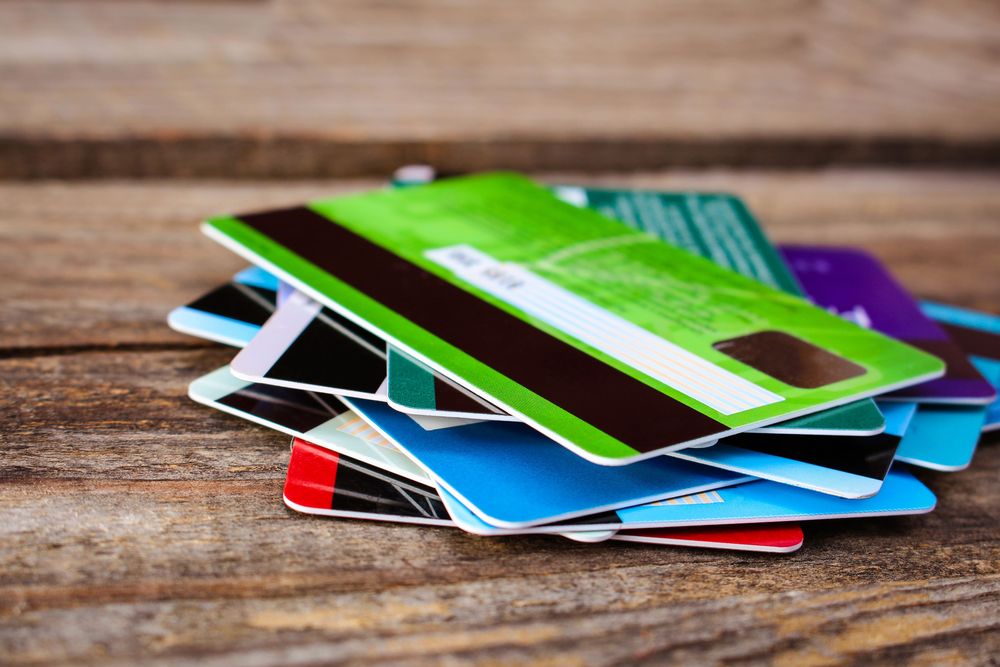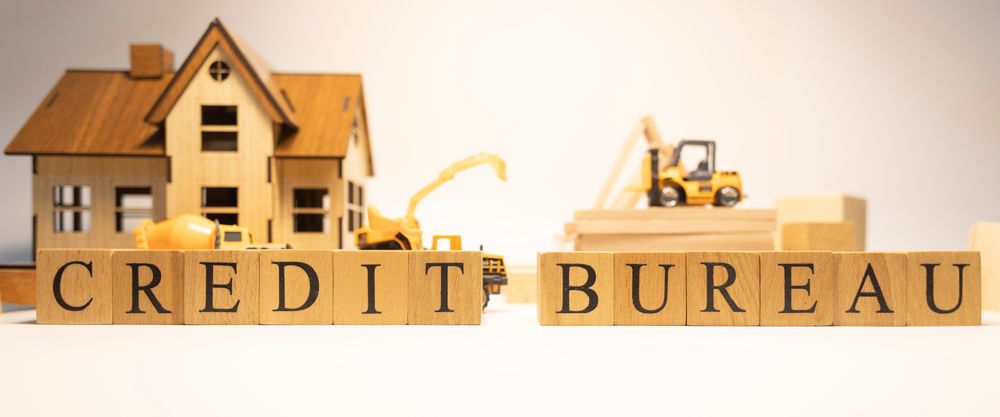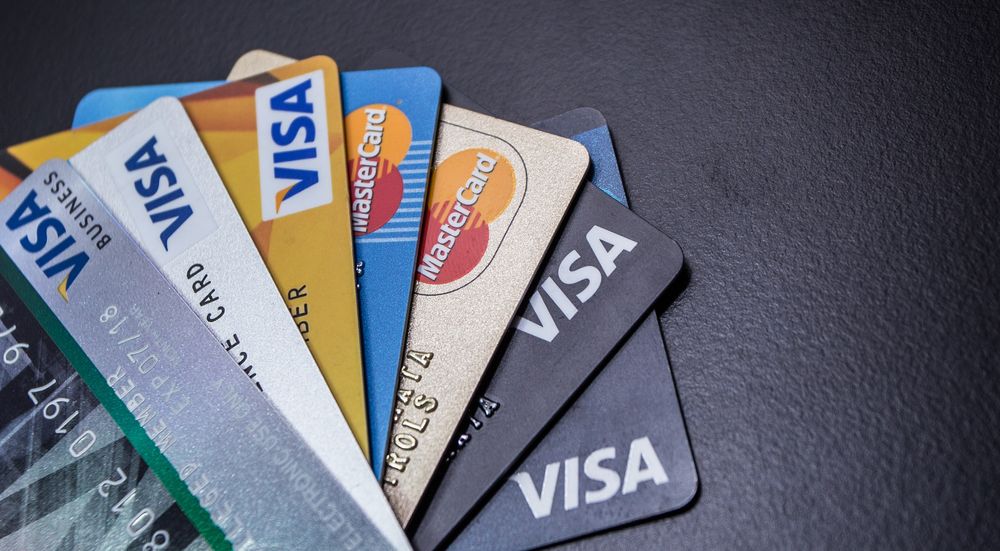Balancing finances is a real challenge, and even the most thorough financial plans can be tainted by unexpected circumstances. When encountering sudden expenditures such as
A credit card is a financial instrument issued by banks to individuals to borrow a predetermined amount of money whenever needed.
In simple terms, credit cards are a line of credit issued by banks so that we can withdraw money conveniently and quickly. It works like a debit card in all ways except for one. Users can withdraw more money using a credit card than is available in their bank accounts.
These borrowed funds need to be repaid within a specified period of time, as is the case with all other credit instruments. These extraordinarily popular instruments have numerous benefits, but before we get into those benefits, let’s understand how credit cards work.
However, there is quite a strong case for using a credit card. That nifty little plastic card in your wallet does come with many advantages, all of them worth exploring. A few of them are outlined below:
How do Credit Cards Work?
Did you know that credit cards are known as a revolving line of credit? Let us explain why.
So we all know that credit cards can be used to pay bills and make purchases, right? But what happens when we use credit cards?
Your credit card information is sent to the merchant's bank when you use a credit card to purchase something. The bank handles the payment after receiving authorization from the credit card network. Then, your card issuer checks your data to accept (or reject) your transaction.
The payment is made to the merchant once the transaction is approved, and your bank balance is decreased by the same amount.
The card issuer sends you a statement at the end of each billing cycle that lists all of your transactions for the previous month, your balances (both past and present), the minimum payment needed, and the due date.
Now, you have a grace period to pay the balance on your credit card. When you pay your bills in full during the grace period, which runs from the date of purchase until the statement's due date, there is no interest levied to the balance. Your issuer only adds interest if you have a balance.
Or, in simple words, you borrow money from the card issuer, they disburse the amount, and what you owe the issuer is called a ‘balance’. The difference between your credit limit and balance is called the available credit.
Simple, isn’t it? Now let’s get to the benefits of credit cards.
Advantages of Credit Cards:
Here are 12 benefits of credit cards that we all love and enjoy:
1. Easy access to continuous credit: If you had read how credit cards work, you’d already know how to keep a continuous and convenient flow of credit. As an instrument of revolving credit, you have access to unfettered continuous funds, right in your pocket.
2. Access to EMI facility:
EMIs are great, aren’t they? You can purchase better products while keeping your budget intact. They also help build your credit score conveniently.
Credit cards provide the best deals on EMIs and you can automate your EMI payments to set up a hassle-free process of convenient purchases.
3. Rewards: Most credit cards offer great rewards on every purchase you make. Now, we all know that this benefits the companies but it doesn’t hurt us, users, either, does it? Attractive cash backs, deals, discounts and other such offers make purchases with credit cards truly rewarding.
4. Record of expenses: A credit card statement records each purchase you make and can help you keep track of all your expenses (especially the big ones). This record comes in handy for a number of things like when you plan your budget, oversee your expenditure, and even when planning your taxes. This record can also be used to return or replace faulty purchases.
5. Increased purchasing power: A credit card by definition upgrades your purchasing power by providing you access to more money than you have in your account. An increased purchasing power also means that you can improve your standard of living within your current income.
6. Interest-free funds: A credit card is one of the few credit instruments that offer interest-free funds. This is one of the main reasons behind the popularity of credit cards. These cards provide loans, and there are no better loans than interest-free ones, are there? You can avail yourself of these funds sans interest until the due date of payment. It’s only after the due date has passed that you are needed to pay interest against the loan.
7. Insurance coverage: You can enjoy added protection on the purchases made with your credit card as in the case of theft, loss or damage, your card offers insurance. Your card statement serves as proof of the claim.
8. Member perks: You’re provided with a lot of benefits with different cards, like membership perks in certain clubs and airport lounges, and even get deals on travel bookings and other similar things. Comparing cards to see the perks most valuable to you.
9. Purchase protection: Credit cards keep vendors honest. If you ever need to dispute any charges or return a purchase, a credit card makes the process much easier and quicker. This protection proves especially important with big purchases and complex claims.
10. Easy loan approvals: A credit card means that you have a credit history and a credit score. These are the main variables that lending institutions look at when you apply for a loan. If you ever find yourself in need of a loan, having a credit card makes the loan process much more convenient.
11. One-time bonuses: When you sign up with a credit card issuer, you become eligible for one-time bonuses depending on the provider. Even though offered once, these benefits still add to the list of benefits.
12. Grace period benefits: The grace period is the time given to you by the card issuer during which they do not charge any interest on your borrowed funds. This period can last up to 50 days and is arguably the best part about credit cards.
How to Use Credit Cards the Right Way
Even though there are a lot of benefits that we get with credit cards, knowing how to use them correctly can only help you make the most of those benefits, and successfully avoid the traps.
So if you have a credit card, here are 11 tips on how to use it right:
- Read the fine print. Be aware of all charges and conditions on your credit card.
- Spend only what you can afford to pay back.
- Avoid daily purchases from the card to keep better track of your expenses.
- Regularly check your credit limit and make plans accordingly.
- Use 30% of your total available credit.
- Choose EMI options for larger purchases to avoid paying interest on outstanding card amounts.
- Keep some amount (30-40% of the total) of your credit limit for emergencies.
- Avoid impulse purchases on your credit card.
- Pay your card bills in full each month.
- Never miss a card payment.
- In case you overspend on your card, contact your bank and ask for a payback plan with a fixed interest rate to avoid falling deeper into debt.
We’re sure there are more such things to keep in mind while using your card to get the most out of it, but this is a good starting point.
Conclusion
Now that you know all the benefits of credit cards and how to use them in the most effective way, we hope you can take a decision on whether or not you need to get a credit card.
Nothing is perfect, including credit cards. You can get into a continuous debt cycle if you’re not careful, and might even need to take more loans to settle your credit card debt.
Another option to avail yourself of quick funds is to opt for instant personal loans from KreditBee. You can get hassle-free funds for any and all urgent needs from ₹1,000 to ₹3 Lakhs in a matter of minutes.
AUTHOR
KreditBee As a market leader in the Fintech industry, we strive to bring you the best information to help you manage finances better. These blogs aim to make complicated monetary matters a whole lot simpler.



